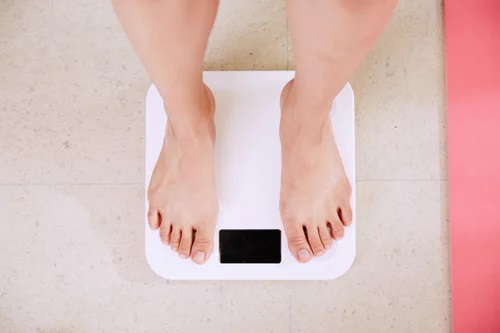Yes. With some treatments, you can slow or stop hair loss, and possibly even regrow some of the hair you thought you had lost forever. Read on to find out what is effective and what is not.
Minoxidil
This is the only over-the-counter hair loss medication that is approved by the United States Food and Drug Administration (FDA). It will not make your entries disappear. It stimulates hair growth, but scientists are not entirely sure how it works.Minoxidil is sold as Rogaine or Theroxidil, or in its generic version. It comes in liquid or foam, and in two strengths: 2% and 5%.Efficacy: Minoxidil works in approximately two out of three men. It is most effective if you are under 40 and your hair has just started to fall out.
How to use: Twice a day and with dry hair, apply minoxidil to the scalp where the hair has started to fall out. Then arm yourself with patience. You may not notice changes for four months or more.
What it doesn't: Minoxidil does not cure baldness. If your stop it using the it, your hair will fall out again. Your hair may fall out faster than before.Side effects: The scalp may become red, itchy, dry, have scales, or have other irritations, although it is not very common. The probability increases if you use the most powerful solution, to 5%
Finasteride
This medication stops the body from making the hormone that causes male pattern baldness, DHT (dihydrotestosterone). Sold under the Propecia brand.
Efficacy: Finasteride is very effective. Delays or stops hair loss in almost 90% of men. Approximately two-thirds of them also grow a little hair again





0 Comments